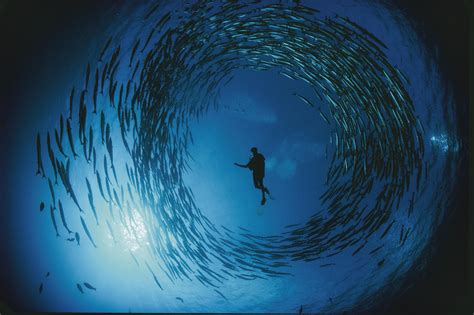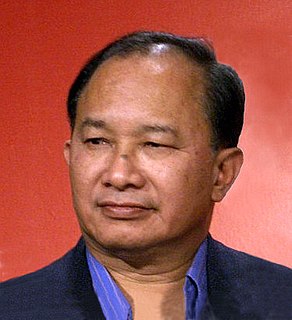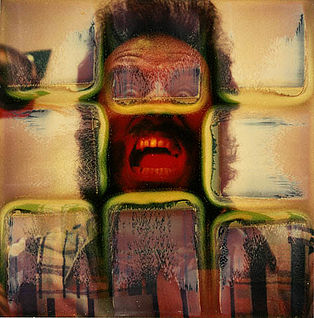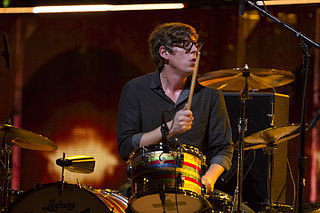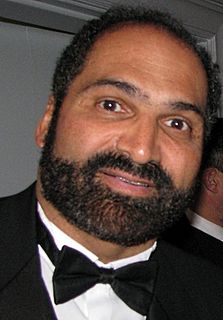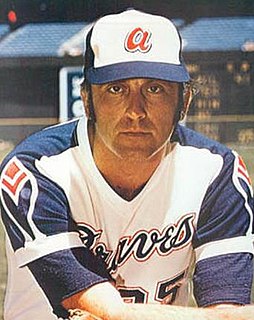A Quote by David Doubilet
Photography is about how you look and how you dream and how you see and what your interests are.
Related Quotes
My wife's dying upstairs and I can't do anything about it. I look in her face and I see the memories there. I see how I hurt her and how I said the wrong things and how I got angry and how I wasn't the man she hoped I'd be. I see that in her face and I see she's going to die with that. You think I'm not preoccupied?
To spend any time with someone who is among the top five film composers of the last 50 years is pure gold dust. I mean, not necessarily stylistically, because everyone is different in what their music sounds like, but the approach and how to look at a film, how to think about a film, how to decide what you want to do, how to think about characters, how to think about art, how to think about narrative, how to liaise with producers, how to liaise with directors.
I'm looking back at what I did and how it works. In a sense I'm waiting to see how people will respond. I'm waiting to see how you respond, without asking me to tell you what I think about it, because it is your job to give me an idea of how you go about thinking about this work. And if it's too absurd then, you know, I'll kick you out!
It is not nearly so important how well a message is received as how well it is sent. You cannot take responsibility for how well another accepts your truth; you can only ensure how well it is communicated. And by how well, I don't mean merely how clearly; I mean how lovingly, how compassionately, how sensitively, how courageously, and how completely.
How you look at a situation is very important, for how you think about a problem may defeat you before you ever do anything about it. When you get discouraged or depressed, try changing your attitude from negative to positive and see how life can change for you. Remember, your attitude toward a situation can help you to change it -- you create the very atmosphere for defeat or victory.
